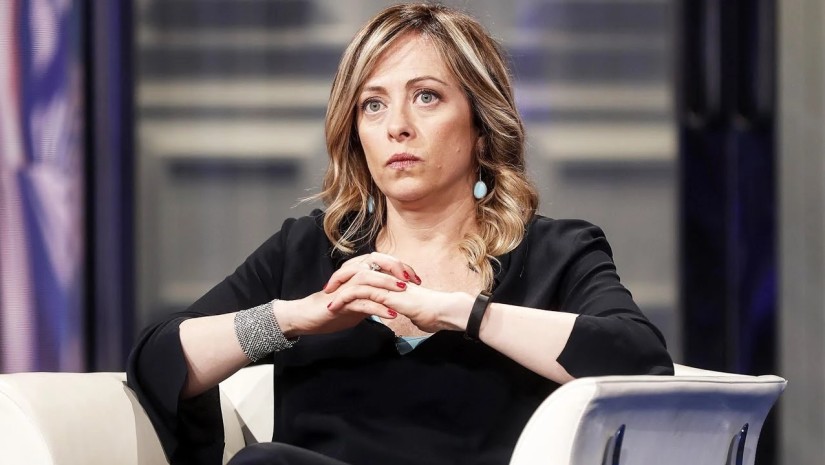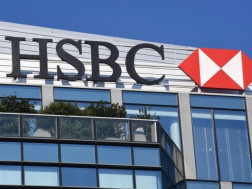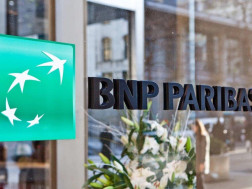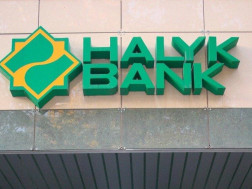Giorgia Meloni is going after the banks.
In a move that surprised investors and political observers alike, Italy’s far-right government led by Prime Minister Meloni announced plans late Monday to slap a 40 percent one-off windfall tax on bank profits.
Italian lenders have been raking in huge benefits from higher interest rates on their loans at a time when ordinary people are struggling with the cost of living.
The eurozone's cost of living crisis, which has been marked by the highest inflation in 40 years and a faltering recovery from the pandemic, has provided fertile ground for politicians hoping to win support by targeting the finance industry and central bank policymakers.
Matteo Salvini, Italy’s deputy prime minister, aimed fire at the European Central Bank, which is in charge of setting interest rates, rather than the banks themselves when he announced the plan at a press conference late Monday.
“The ECB’s rate hike has raised the cost of money for families and businesses,” he said. “There wasn’t, in turn, a diligent, rapid and important increase for consumers.”
The money will go on "tax cuts" and "help for first-time mortgage holders signed up in different times," he said.
Salvini said the new tax could generate a huge sum but was unable to say how much. Analysts say it's likely to be at least €2 billion but could be much more.
“Let’s not get into the merit of the figures,” Salvini said. “You only need to look at the first quarter profits of the banks to see that we’re not talking about a handful of millions, but potentially many billions.”
Italy has among the highest levels of home ownership in Europe, with the total outstanding value of mortgage lending in Italy climbing to €424 billion in 2022, according to data from Statista.
Political target
Italy isn’t the first country to raise money from banks — as lenders increasingly find themselves a political target for not passing on profits from higher interest rates.
The left-wing government in Spain hit its banks with a windfall tax in November which was expected to raise €3 billion. Hungary, too, under far-right firebrand Viktor Orbán, has targeted its banks.
While U.K. lenders aren’t facing a tax, the Conservative government has hauled the banks in to demand they help struggling mortgage-holders and pass on higher savings rates.
Banks are seen as one of the few economic winners as central banks hike interest rates to try to get inflation under control.
The European Central Bank last month raised its key interest rate by another 0.25 percentage points — capping nine consecutive hikes and squeezing borrowers with the highest rates in 22 years.
Ready to help
Italian banks have come under pressure from the Italian government to provide relief for pressed mortgage holders.
Last month, Italian Bankers Association president Antonio Patuelli said lenders would be “at the ready” to help borrowers — though little changed in practice.
Patuelli’s statement came at a joint conference with Finance Minister Giancarlo Giorgetti, who had stressed the need to offer mortgage relief as “indispensable and urgent.”
Italian banks have also pursued bumper payouts to shareholders.
UniCredit in July announced plans to return €6.5 billion to its investors through sharebuybacks and dividends after record profits.
But bankers were left “really surprised” by the latest announcement, which followed months of false starts, according to two Italian banking officials with knowledge of the situation, granted anonymity to discuss a sensitive matter.
“The issue has been floated before many times but didn’t seem to have traction,” one of the people said.
The share prices of major Italian lenders Intesa Sanpaolo and UniCredit cratered by around 9 percent and 7 percent respectively after the announcement by 1 p.m. on Tuesday, POLITICO reports.























